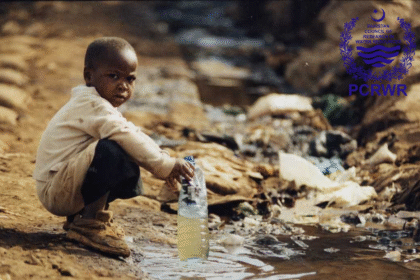Scientists in Iceland have confirmed the country’s first recorded mosquitoes after an insect enthusiast found three specimens in his garden in the town of Kjós. The sighting was reported this month and has drawn attention because Iceland was long considered one of the few places without a local mosquito population.
Enthusiast Björn Hjaltason told the Icelandic newspaper Morgunblaðið, “I could tell right away that this was something I had never seen before.” He sent the insects to Matthías Alfreðsson, an insect specialist at the Icelandic Institute of Natural History, who identified them as the species Culiseta annulata, a mosquito commonly found across Northern Europe.
The discovery does not yet show whether these Iceland mosquitoes will survive the winter and establish a breeding population. With plenty of ponds and marshes across the island and with Iceland among the fastest-warming regions on the planet, scientists say the environment is becoming increasingly hospitable to mosquitoes.
Alfreðsson told RÚV that while mosquitoes have been detected on incoming boats and planes before, these are the first confirmed specimens found on Icelandic soil. Before this month, Iceland and Antarctica were the only regions without recorded mosquitoes; following the new reports, only Antarctica remains mosquito-free.
The finding is being treated as a climate warning because, although Culiseta annulata is not known to carry human diseases, warming trends are enabling more dangerous mosquito species to move into previously colder regions and raise the risk of illnesses such as yellow fever, dengue and Zika. Scientists have noted recent detections of the Asian tiger mosquito in the U.K., where parts of the south coast have become suitable for that species since the 2010s.
For readers in Pakistan and elsewhere, the Iceland mosquitoes report underlines how shifting climates can alter vector ranges globally and serves as a reminder of the importance of monitoring ecosystems and preparing public health responses.











